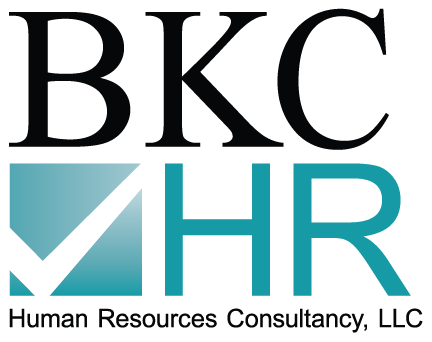 The choice of entity is among the most important decisions facing business owners when starting a business or investment activity. The choice of tax entity generally includes a C-Corporation, S-Corporation or Partnership, each having its own advantages and disadvantages that must be evaluated in terms of how the entity’s tax and legal characteristics align with the goals of the business and its investors.
The choice of entity is among the most important decisions facing business owners when starting a business or investment activity. The choice of tax entity generally includes a C-Corporation, S-Corporation or Partnership, each having its own advantages and disadvantages that must be evaluated in terms of how the entity’s tax and legal characteristics align with the goals of the business and its investors.
Existing businesses should also evaluate their choice of entity – especially now, in light of President Biden’s proposals to increase the tax burden on corporations and high-wealth individuals. Depending on the circumstances, it may make sense to consider converting an existing entity to a different type of tax entity or structure in order for businesses and their owners to better manage their overall tax obligations. An analysis should be performed to determine the amount of any immediate tax cost that would be incurred upon changing entity classification compared to the future tax benefits of conversion.
Choice of entity decisions need to take into account many tax and legal considerations based on the owner’s specific facts and circumstances, as well as business and investment goals. Owners should keep in mind that current tax proposals would raise tax rates and make other changes to the federal income tax system for corporations and high-wealth individuals. These proposals should be monitored, and their potential effects should be considered when evaluating the short and long-term benefits of a particular entity choice.
Changes to entity classification
Converting from one type of entity to another requires thoughtful consideration, analysis, and planning, and certain entity types may provide more flexibility than others for changing entity status. Converting to a different type of entity may trigger immediate tax consequences, which must be measured relative to any potential future tax benefits. Examples of possible tax consequences include taxable liquidations, tax on built-in gains, gain on liabilities in excess of tax basis, deferred revenue recognition, and changes in accounting methods.
How We Can Help
Our tax professionals at BKC can help you understand the requirements and operational differences between C-Corporations, S-Corporations and Partnerships. For more information you can contact us.
Read more helpful articles at www.bkc-cpa.com/blog.




